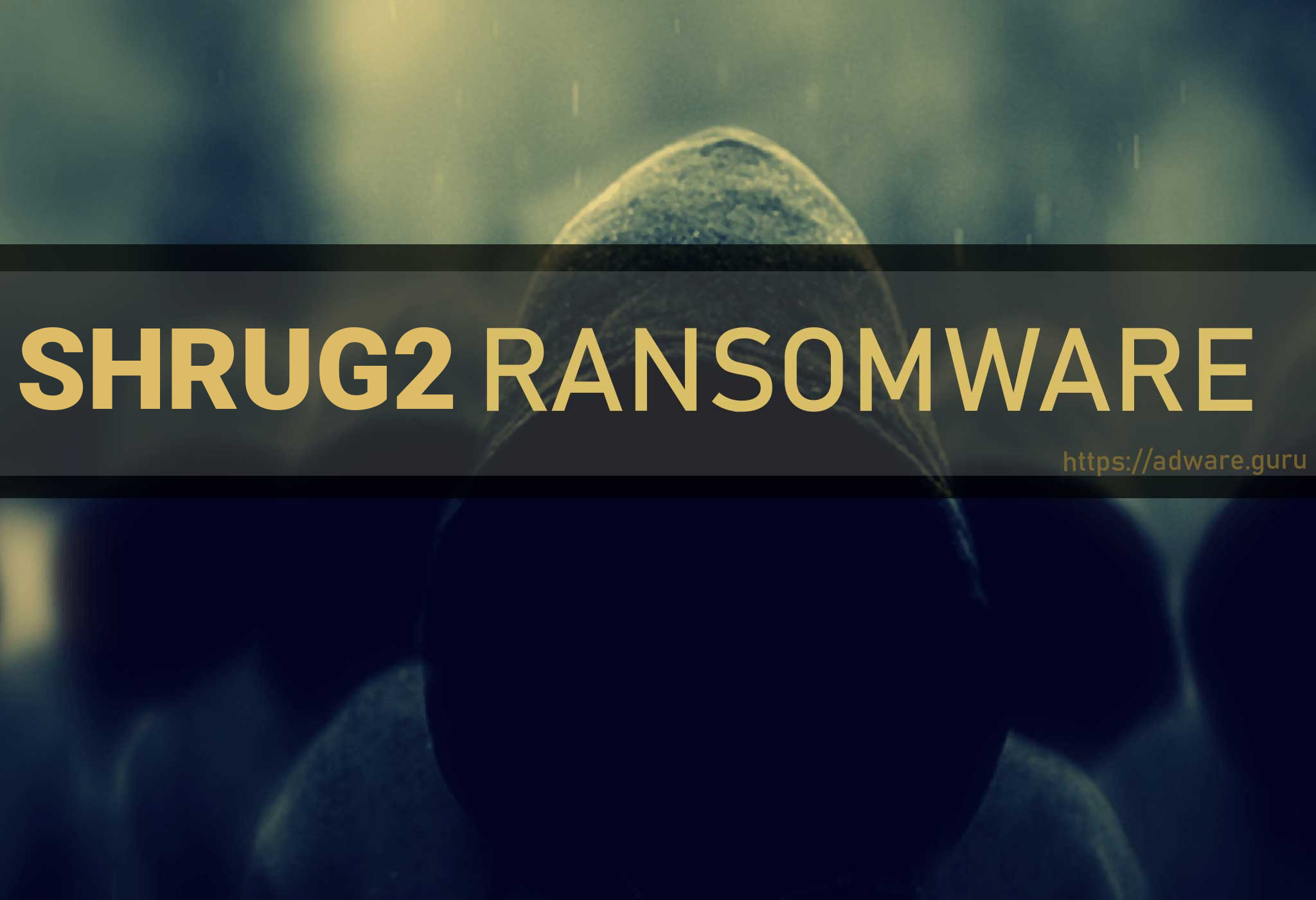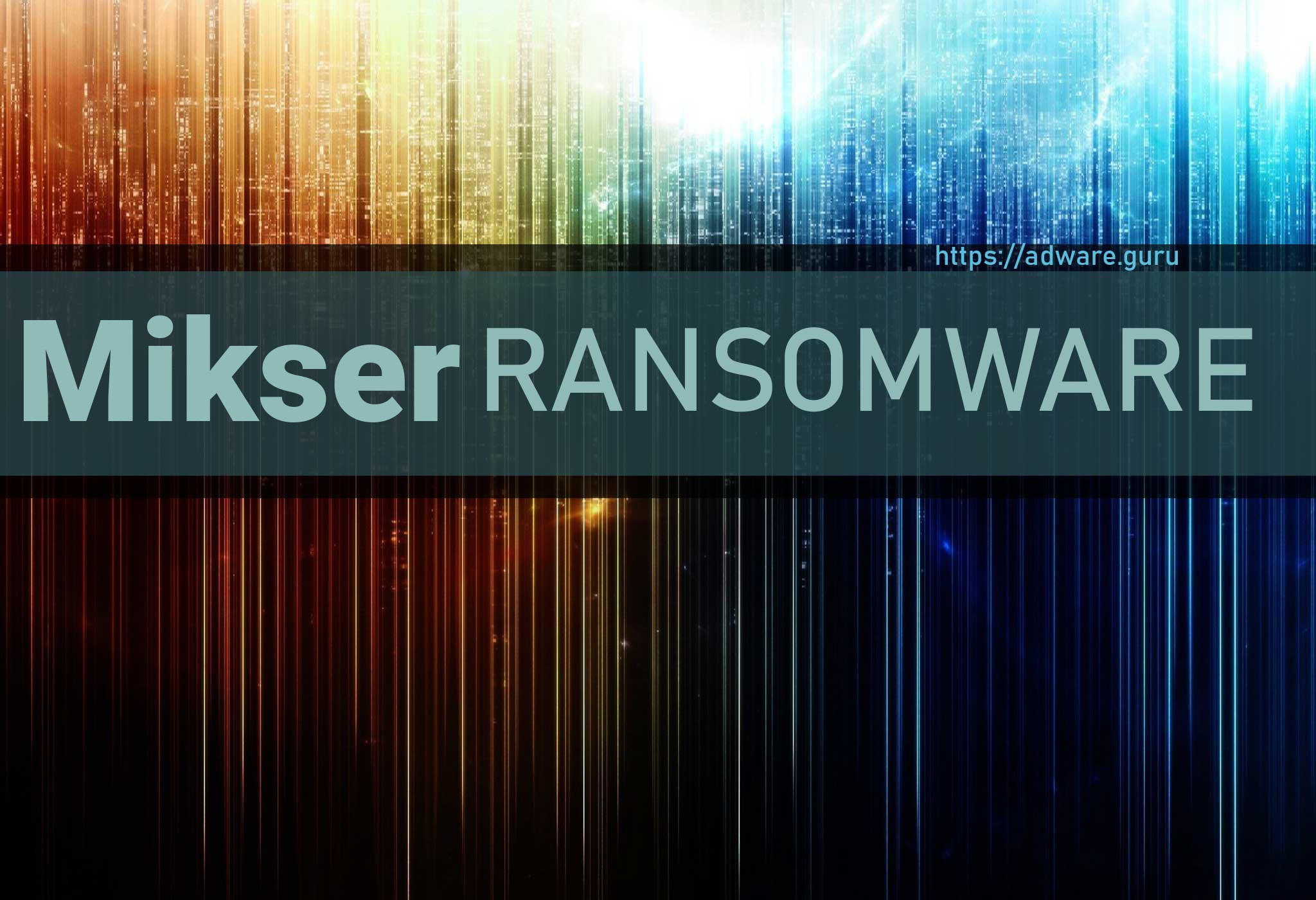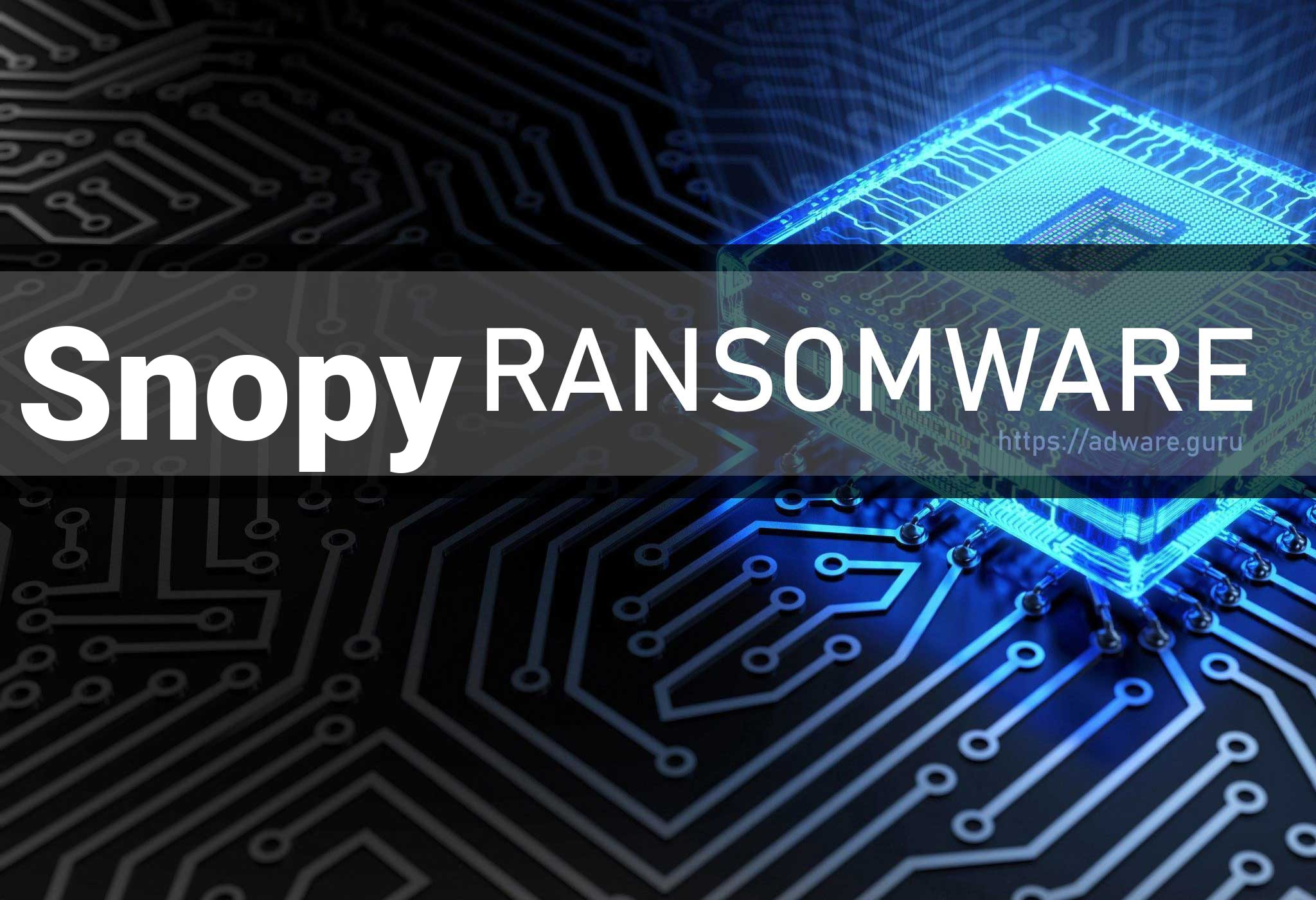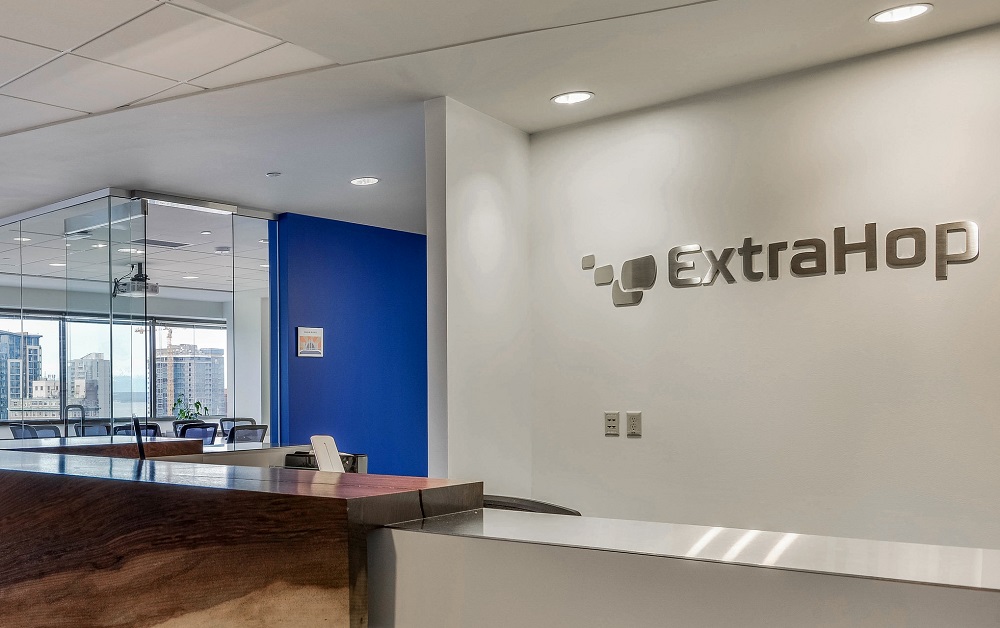Hackers leaked data from Pakistani energy company K-Electric
In early September this year, K-Electric, an electricity supplier in the Pakistani city of Karachi, was attacked by the Netwalker ransomware, which disrupted billing and a number of other online services. Now appeared the information that hackers have leaked data of the Pakistani company K-Electric into the network.
K-Electric is one of the largest electricity suppliers in Pakistan, serving 2.5 million customers and over 10,000 employees.
“The ransomware operators have demanded from K-Electric representatives $ 3,850,000 in cryptocurrency ransom. If the ransom is not paid within a week, the attackers promised to increase the amount to $7,700,000”, – reported the journalists.
In addition, the hackers’ site also had a link to the Stolen data page, where Netwalker operators claimed to have stolen some files from K-Electric before carrying out the attack.
The hackers threatened to release the files in 20 days if the company didn’t pay. At the same time, representatives of K-Electric denied the theft of any data, stating that the hackers did not get to any information.
Now Bleeping Computer reports that the K-Electric company apparently did not pay the ransom, and the hackers kept their word and fulfilled the threat: an 8.5 GB archive with files allegedly stolen from K-Electric was published on the Netwalker website.

Pakistani information security firm Rewterz examined the contents of the archive and told reporters that it contains confidential information such as financial data, customer information, technical reports, maintenance logs and more.
“What is worse, the leaked files included unaudited company profit and loss statements, turbine technical diagrams and photographs of customer reports”, – told in the Rewterz company.
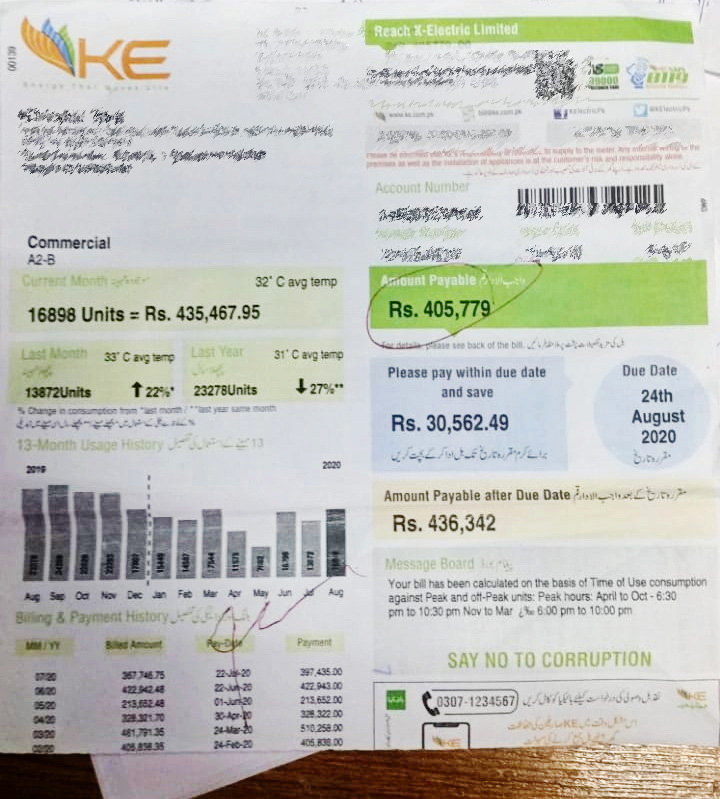
The periodical notes that so far K-Electric has not commented on the situation in any way, and recommended employees and customers accept the fact that their data has been compromised.
The NetWalker ransomware works according to the RaaS (ransomware-as-a-service) model.
American law enforcement and information security experts note that in recent months the group’s activity has increased significantly. Currently, the most famous victims of NetWalker are the University of California, San Francisco (UCSF) and the University of Utah, infected by the ransomware this summer.
According to McAfee experts, NetWalker can be compared to Ryuk or REvil in terms of “profitability”, as since March 2020, the ransomware has brought its operators about $25,000,000.

